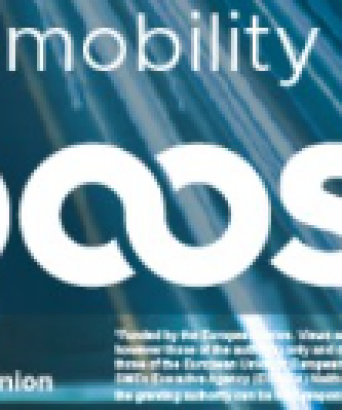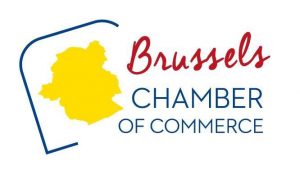DG Trade expanded its Access2Procurement online tool to cover the United States today, making transatlantic procurement – and transatlantic trade more broadly – easier for EU businesses.
Access2Procurement allows companies in the EU to obtain user-friendly information on public procurement tenders available to them in several of the EU’s trading partners. It also elucidates these countries’ commitments under the WTO Agreement on Government Procurement and the bilateral Free Trade Agreements they have with the EU.
The online tool covers Canada, Japan and now also the USA – other key trading partners will be added in the future. It was developed in response to EU stakeholders’ requests and has been available on DG Trade’s business-oriented Access2Markets website since September 2021.
For more information





